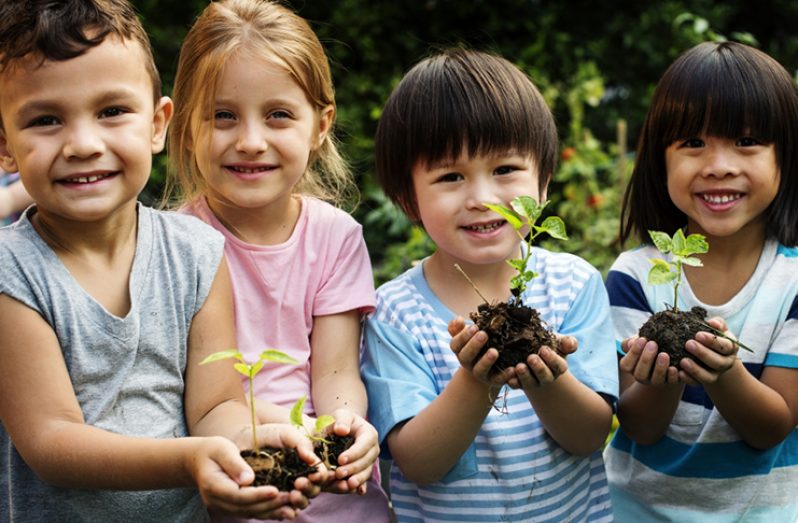In a vast world of 7 billion people where all you hear about are our differences, there are some important things that connect us, and one of these is food. Food connects us all. We all need it, depend on it, survive because of it and derive happiness from it.
In fact, food is part of who we are. It’s part of our habits and cultures. Hundreds of TV shows, movies and podcasts revolve around the topic of food, and cookbooks always sit among the bestsellers. Food is even part of how we interact with others. Foodies promptly and amply share recipes and dining experiences. And who hasn’t posted a photo of their favourite dish on their social media channels? The talk of food is all around us.
So if we love food so much, why do we let so much of it go rotten in our fridges, get left behind at our parties, get thrown out in our stores or dumped off of our plates? One third of all food produced globally is lost or wasted. We love food, but we don’t take care of it. We don’t respect it. We all want the respect that Aretha Franklin sang about and to get it we should give it.
Here are 6 ways to help us love our food better and grow respect for the world behind what we eat:
1. Reduce your food waste – Buy only the food you need, learn to love ugly fruits and vegetables, keep your portions realistic, be mindful of expiration dates, store food wisely, donate excess and turn leftover food into the next day’s meals. When we waste food, all the resources used for growing, processing, transporting and marketing that food are wasted too. Food is so much more than what is on our plates. Find more tips on stopping food waste.
2. Support your local food producers: Chefs get awards, stars and recognition for their creations. But what about our farmers? Without them, we wouldn’t have the fresh food we need on a daily basis and the food to make any of our cherished dishes. Aren’t farmers the real heroes? Shop at your local markets and get to know your farmers. Giving them your business is giving them your recognition and respect.
3. Appreciate the workmanship in producing it: Agriculture isn’t just work, it is art. There is so much that goes into making our food. It takes seeds and soil, water and work, protection and patience. Did you know that it takes 50 litres of water to produce one orange? Our food choices affect the health of our planet and our future of food. When you eat, you are taking in natural resources and the hard work of the farmers, bees, harvesters and others who got the food to your plate. Appreciate food like you would a piece of art.
4. Adopt a healthier, more sustainable diet – Our bodies run off of calories and nutrients. We get our energy and maintain our health from good food. We normally don’t pay attention to the power that food and nutrition have over our bodies. We need to respect that food is fuel. Too much of it, or too much of only one kind of it, can lead to obesity, deficiencies or diet-related diseases.
5. Learn where food comes from: Do kiwis come from trees or bushes? Is a tomato a fruit or a vegetable? By learning more about our food, where it comes from, when it is in season and what it takes to produce it, we grow in our knowledge of and respect for what we are eating. Follow our Instagram account to test your knowledge on different fruits and vegetables grown around the world!
6. Have a conversation – By treating each meal with pride, we respect the farmers who produced it, the resources that went into it and the people who go without. Respect can be passed on. Talk to the people around you and to the next generation about making informed, healthy and sustainable food choices.
For many people on the planet, food is a given. It is there in a house or in a store if we need it and we usually have the means to buy it. But for many, food is scarce or elusive. For the staggering 821 million people who are hungry, food is not a guarantee. It is a daily challenge.
Respecting food means appreciating the back-story of food. When we know the full picture, it is easier to see what our food really stands for and how precious it really is.
Find out more about how your actions can shape our future of food. (FAO)




.png)









